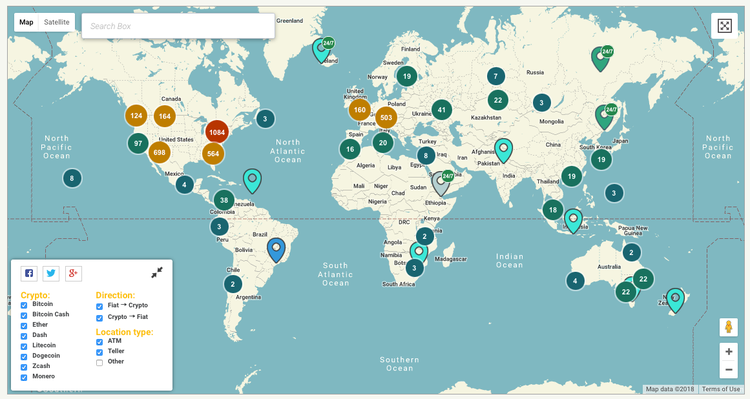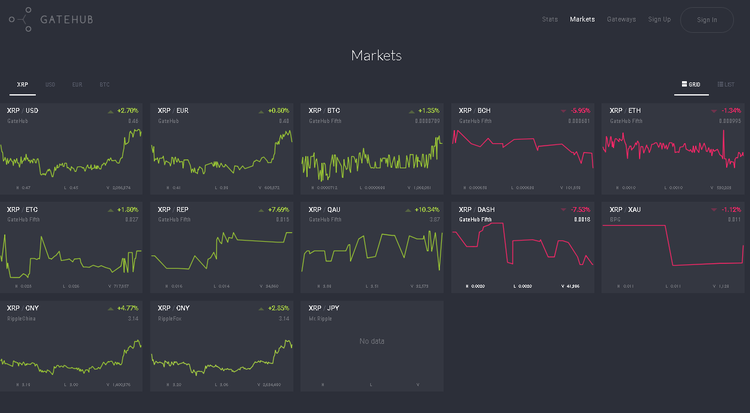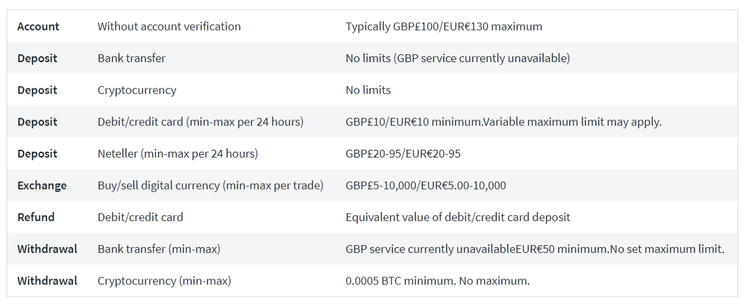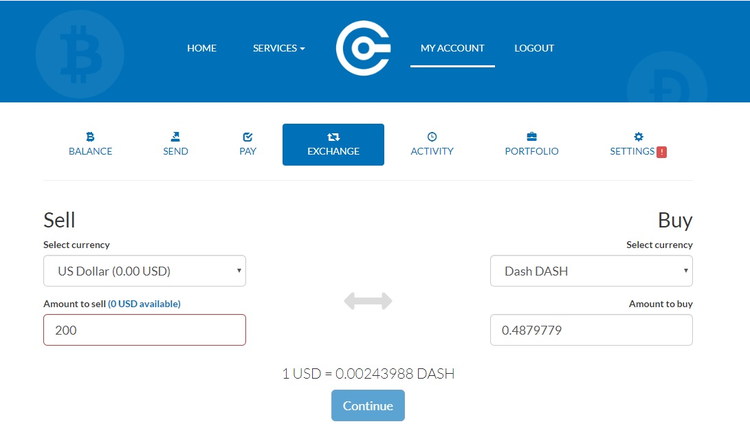You want to follow the global trend and buy into cryptocurrency, but you don't know how and where to store it? Sorry there pal, we ain't gonna advertising anything, or at least not in this article. Here you will learn what not to use and what mistakes not to make as we gather up our negative experiences and comments of many crypto users online.
If you have decided to get some bitcoin or any other cryptocurrency, there are a number of ways to do so. You can register and verify your identity on a crypto exchange and buy tokens using a debit card. Rules for verification differ for each exchange and country, but users generally need to at least provide their password and enable two-factor authentication.
If you are not sure you’ll handle the purchase on your own, it can be more secure to buy from a friend. Even if you don’t know anyone willing to sell cryptocurrency, decentralized P2P sites will help arrange a meeting with the right people. Localbitcoins.com is one such option. It provides a platform for people from different countries to exchange their local currency for bitcoins. It works worldwide as an advertising community board for users to agree on a price beforehand, and then meet to trade.
Furthermore, ATMs are becoming an increasingly popular way of buying cryptocurrency.
Buying bitcoin via ATMs could be the fastest way to purchase cryptocurrency. However, ATMs are not available in many places, and the Coin ATM Radar will help figure out the closest ATM in the neighborhood.
If none of the above options suits you, you can always choose from a variety of marketplaces to sell something for bitcoin or another cryptocurrency. Finally, you can get crypto in exchange for a service.
Whichever option you chose, before owning any bitcoin, you need a cryptocurrency wallet to store them in. There is a wide variety of choices of free bitcoin wallets for all major operating systems and devices, and making the right choice could be somewhat confusing, to put it mildly.
Wallets can either live on your computer and/or mobile device, on a physical storage gadget or even be a piece of paper. How to choose a wallet that’s secure and convenient? Just search a web engine, and you’ll find thousands of cryptocurrency wallet rankings and reviews that advise you on the best options. However, few will tell you which wallets should be avoided. Therefore, let’s look at the three wallets to stay away from.
GateHub, a Ripple-based wallet that also lists a host of other cryptocurrencies including bitcoin, ethereum, ethereum classic and augur, is marred by a number of negative reviews on the web. First of all because of the security breach in August 2017, which led to a loss of $5 million. Although the company tried hard to persuade customers that their data was not compromised, some users claimed they lost their wealth as a result of the hack.
The wallet also requires a minimum initial deposit of 20 ripple’s XRP tokens to activate your account. Therefore, if you are new to cryptocurrency, you’ll have to wreck your brain on how to find the necessary funds.
Secondly, most clients complain about the customer support. Although GateHub has accounts on platforms such as Twitter, Facebook, Google+ and Linkedin, users keep complaining about very slow or literally ZERO response from the team.
High cryptocurrency deposit fees do not add prestige to the service either. On GateHub, deposits in bitcoin incur fees of 0.00053 BTC while those in ethereum will cost 0.011 ETH.
Slow transaction processing is another cause of customer dissatisfaction. Transactions often take days to complete, and users sometimes claim that “transactions take forever.” One of the users says he sent some ethereum and had to wait for two months for the cryptocurrency to arrive. Another customer claims he transferred 40$ worth of ethereum to the GateHub wallet, but only received 2$.
Some users are even blaming the wallet for being a scam. Renier Janse van Rensburg took to Medium to tell about his experience with GateHub. He claims that his account balance disappeared and a substantial amount of his crypto, including 9.25 ETH and 17,917 XRP, was stolen.
“GateHub’s security level is average, as your private keys are stored by a third party, but they are at least encrypted with your password.”
CoinCorner - a mobile bitcoin wallet based in the Isle of Man, is another wallet we would advise to avoid, although reviews vary from positive to strictly negative. Despite offering a very simple and straightforward way to buy and send bitcoin, the wallet stands no chance to be rated 5 out of 5.
The first thing users complain that the fees are too high. It applies a 5% fees on most transfers. Furthermore, the exchange rate is much higher compared to most other platforms.
“The security level is low, as your private keys are stored by a third party and they have easy access to them.”
On top of that, low limits might prevent you from trading as much as you want. High SWIFT fees apply to bank transfer withdrawals, and this could be a problem when combined with the low limits.
Transfer limits
“Fees are crazy, you will lose minimum 20% to 45% just on transnational fees, the most expensive site. On top of this, it is the slowest with poorest customer service,” one of the customers claims, insisting that “they should not be on the market.”
Finally, CoinCorner only offers basic services without any advanced features.
Although a multi-cryptocurrency wallet Cryptonator, allegedly based in Hong Kong, accepts several fiat currencies such as Euro, U.S. dollar, Ukrainian Hryvnia and Russian Ruble, it applies a large exchange rate between coins and fiat currencies.
The wallet has a poor reputation within the industry with a number of clients claiming to have lost funds when transferring tokens. Some of the common problems users of this wallet have experienced delayed or blocked deposits/withdrawals and non-responsive customer support. Most users directly accuse Cryptonator of being a scam.
Trading at Cryptonator is done via a web-based interface that lacks some basic features such as charting, market depth window, cancellation, etc. Users simply fill in the currency they want to sell or by and enter the amount.
The lack of an IOS app is another shortcoming worth fixing.
“The security level also raises questions, as your private keys are stored by a third party and they have easy access to them. Finally, its owners are not known and history is unclear, and this definitely does not add reliability to the service.”
Conclusion:
In general, when it comes to choosing between a wide range of cryptocurrency wallets, there are several factors to be taken into account. It’s always recommended to use “cold storage” such as “paper wallets” or“hardware wallets,” when you're going to store a large amount of money so that hackers don’t have access to your private key.
Besides, never forget that software wallets or “hot wallets” that are connected to the Internet are for “change” only. While they allow you to instantly exchange currency, they are less secure and are exposed to hacks.
Finally, remember to backup your private key, just write it down on a piece of paper and keep in a safe place or store it on a separate drive. Safe crypto keeping!
by Bob Dadley





